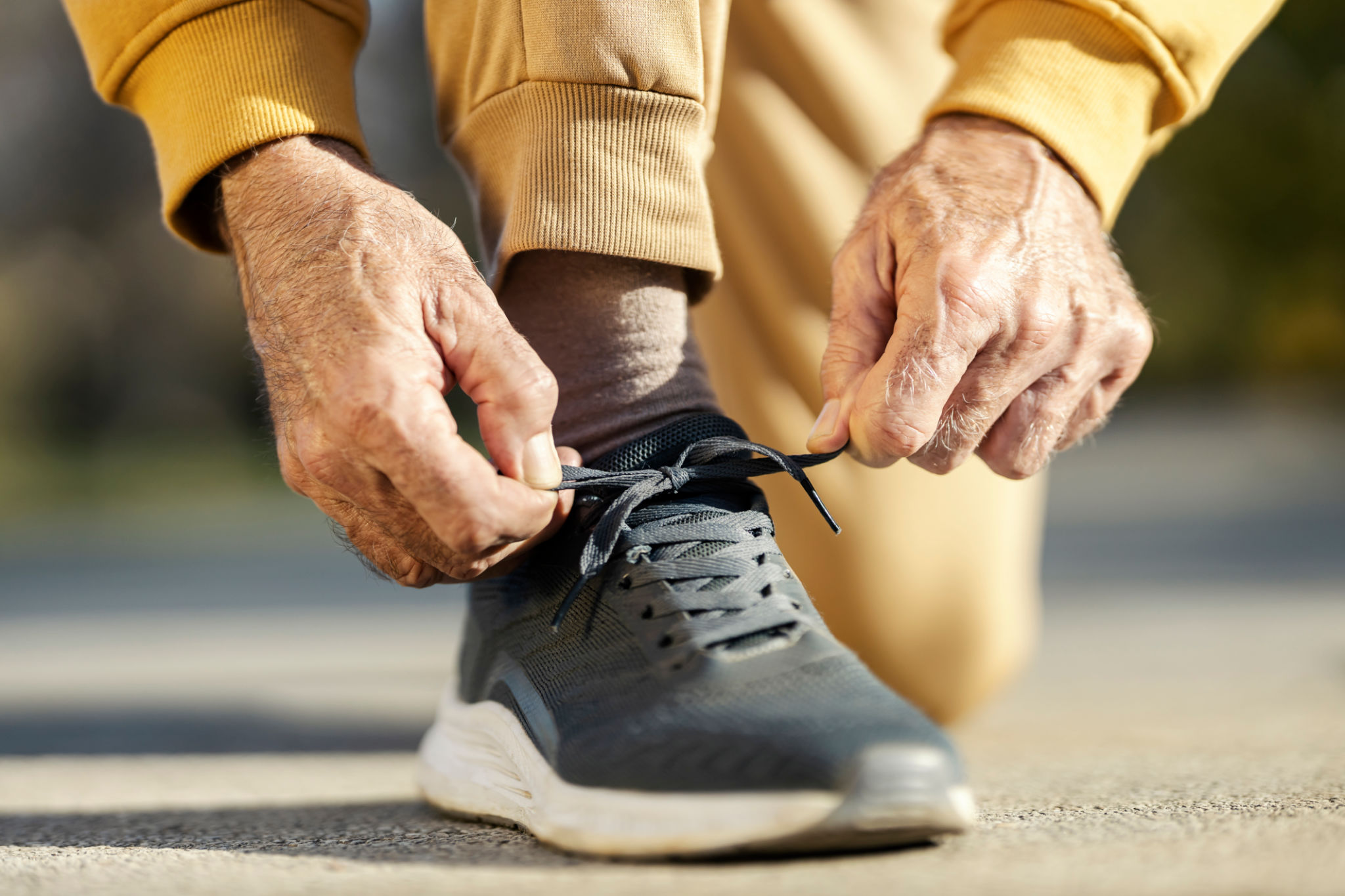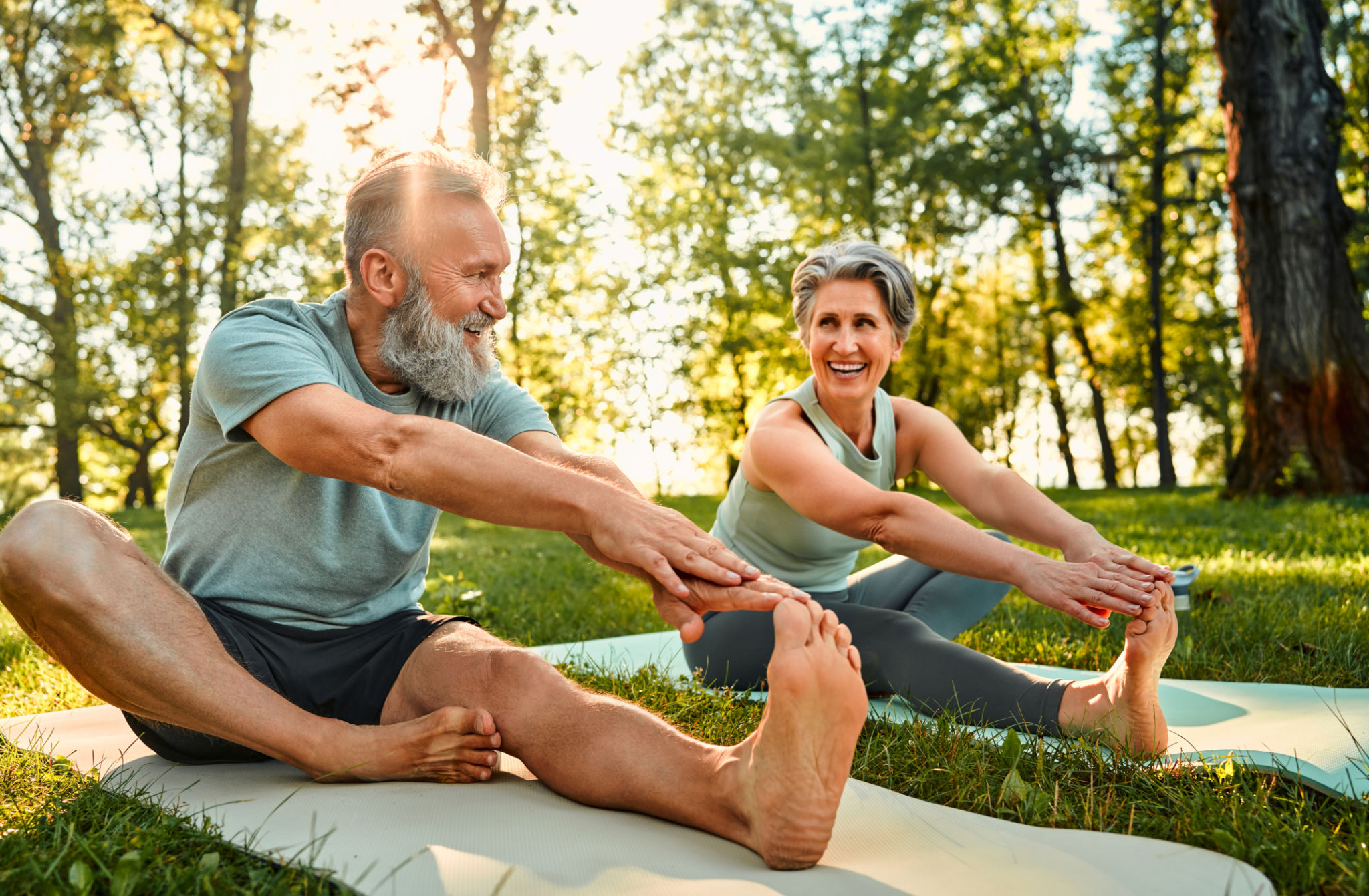Expert Tips on Staying Fit After 50 with a Personal Trainer
Understanding the Importance of Fitness After 50
As we age, maintaining physical fitness becomes increasingly important, not just for our physical health but for mental well-being too. Staying fit after 50 can help reduce the risk of chronic diseases, improve mobility, and enhance quality of life. A personal trainer can provide the guidance and motivation needed to adapt to the body's changing needs. With the right approach, staying active in your 50s and beyond can be both enjoyable and rewarding.

Setting Realistic Goals
One of the first steps in any fitness journey is setting realistic and achievable goals. For those over 50, this means acknowledging current fitness levels and any existing health conditions. A personal trainer can help tailor a fitness plan that considers these factors, focusing on building strength, flexibility, and endurance without risking injury. It's essential to be patient and celebrate small victories along the way to stay motivated.
Incorporating Strength Training
Strength training is crucial for those over 50 as it helps maintain muscle mass, which naturally decreases with age. A personal trainer can introduce exercises using weights, resistance bands, or body weight to gradually build strength. Strong muscles support joints, improve balance, and can even prevent falls. Aim to include strength training exercises at least two times a week.

The Role of Cardiovascular Exercise
Cardiovascular exercise is vital for heart health and overall endurance. Activities like walking, swimming, or cycling are excellent options for older adults. A personal trainer can help create a routine that meets individual needs while ensuring that workouts remain safe and effective. It's important to include moderate aerobic activity for at least 150 minutes a week, as recommended by health guidelines.
Nutrition and Hydration
A well-rounded fitness plan isn't complete without proper nutrition and hydration. As metabolism slows with age, understanding nutritional needs becomes essential. A diet rich in fruits, vegetables, lean proteins, and whole grains supports energy levels and recovery. Staying hydrated is equally important, so make sure to drink plenty of water throughout the day, especially during workouts.

Prioritizing Flexibility and Balance
Flexibility and balance exercises play a crucial role in maintaining mobility as we age. Incorporating activities like yoga or tai chi can improve range of motion and prevent stiffness. Personal trainers often include these exercises to enhance balance and reduce the risk of falls. Even simple stretches can be beneficial if done regularly.
Listening to Your Body
One of the most important aspects of staying fit after 50 is listening to your body. Aging may bring about changes in how your body responds to exercise. It's essential to recognize signs of overexertion or pain and adjust routines accordingly. A personal trainer can help identify when to push harder or when it might be time to rest.

The Benefits of Social Fitness
Engaging in group activities or finding a workout buddy can boost motivation and make exercising more enjoyable. Social interaction has numerous mental health benefits and can provide additional encouragement to stick with a fitness routine. Personal trainers can suggest local classes or community groups that cater to those over 50.
Consistency is Key
The journey to staying fit after 50 is not about quick fixes but rather fostering a lifestyle change. Consistency is essential in achieving long-term benefits. Regular sessions with a personal trainer can provide structure and accountability, ensuring that fitness remains a priority amidst life's other commitments.